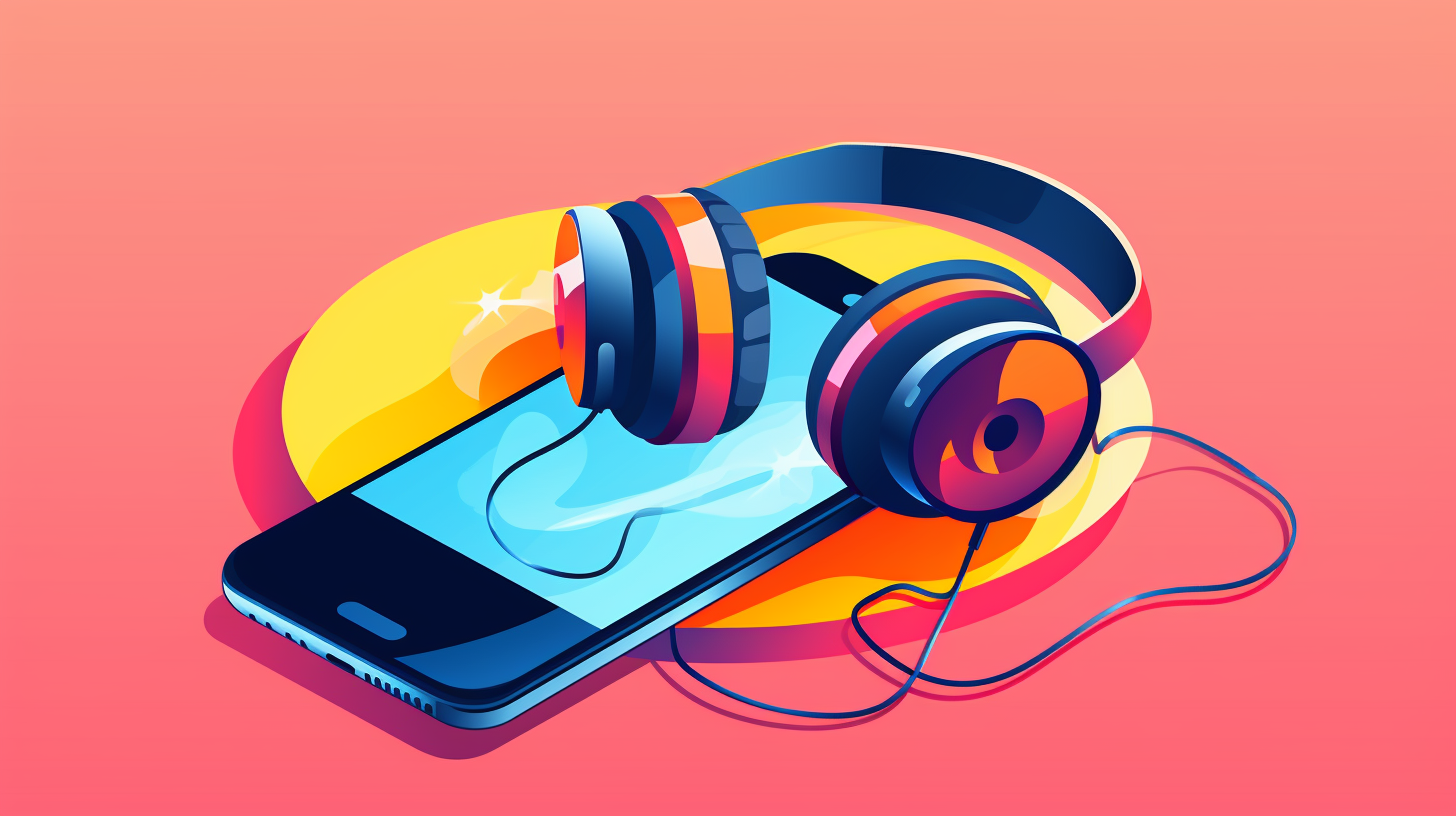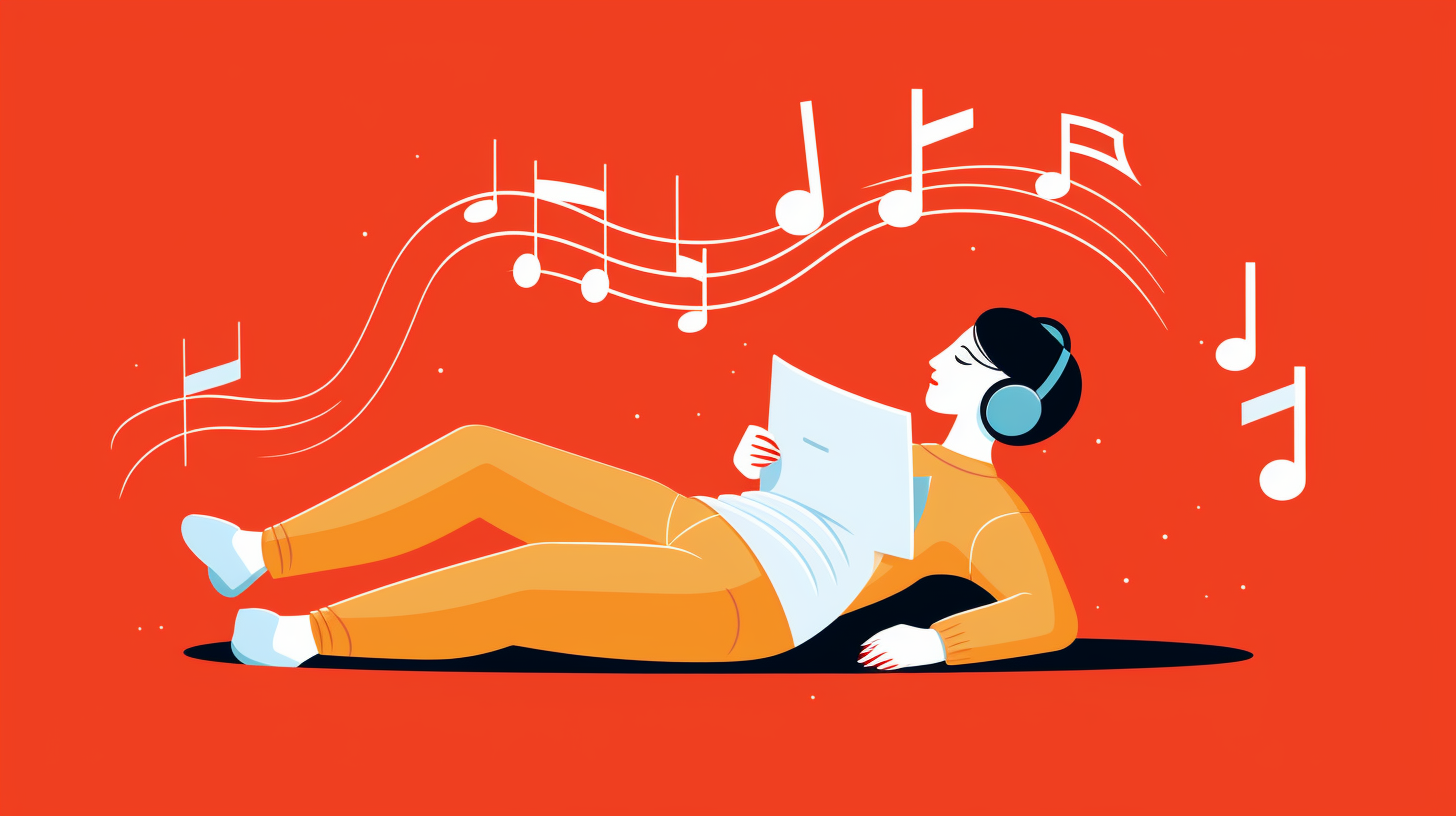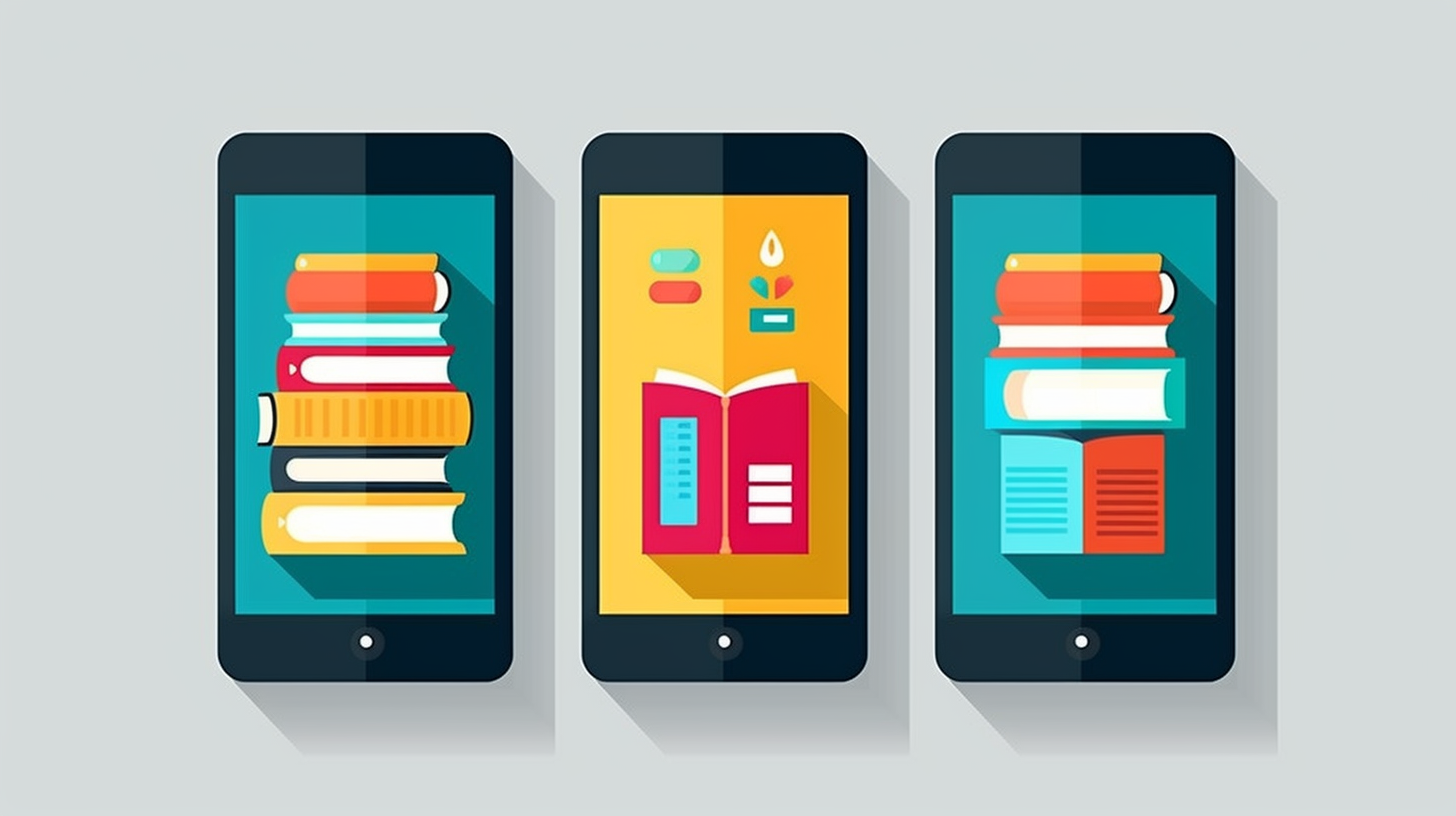Struggling with the phrase “I hate reading” is more common than you might think. Whether it’s due to dyslexia, like the blogger who found solace in a book tailored for kids who loathe the activity, or simply a lack of interest, there’s a real battle against reading aversion. In this text, we’ll jump into the reasons behind this struggle and explore the factors contributing to a reluctance to read.
We’ll also examine how a dislike for reading can impact academic and personal growth. But don’t worry, it’s not all doom and gloom! You’ll discover practical strategies to transform reading from a chore into an enjoyable game. Plus, we’ll highlight the undeniable benefits of embracing the world of words. Get ready to turn the page on your reading resistance.
Why Do People Hate Reading?
Reading is fundamental, but not everyone enjoys immersing themselves in written texts. If you’ve ever thought, “I hate reading books,” or “Why do I hate reading?” you’re not alone. Typically, negative reading experiences stem from several discernible causes.
Historically, school assignments shape attitudes toward reading. Required reading lists don’t always align with personal interests, making the experience tedious. As a result, you might associate reading with pressure and obligation rather than leisure, causing a lingering distaste for picking up a book.
In a fast-paced world, time constraints play a significant role. You may feel that reading is a luxury you can’t afford, resulting in a sentiment of “I don’t like reading books,” especially when other forms of entertainment are more accessible and less time-consuming.
Complexity of text is another hurdle. If you struggle with understanding the material, reading becomes a frustrating chore rather than an enjoyable pastime. This feeling of frustration can lead to a broader sentiment of “I hate books,” as they become synonymous with struggle.
For some, the physical act of reading is challenging. Eye strain and headaches can make the act of reading uncomfortable, leading to aversion. If you have experienced discomfort, the thought “I hate reading books” may often cross your mind.
In contrast, audiobooks present an alternative that caters to different preferences and lifestyles. They offer a hands-free experience, allowing you to enjoy books while multitasking. They can be a gateway for individuals who hate books due to the physical strain of reading or those who don’t enjoy traditional reading.
Understanding why people hate reading is the first step. In recognizing these factors, you can find solutions that reignite the passion for stories and learning, such as exploring the world of audiobooks, which brings narratives to life without the need for visual engagement.
Factors Contributing to Reading Aversion
Inadequate Reading Skills
If you’re saying, “I hate reading,” your struggle might be rooted in inadequate reading skills. Many individuals find it challenging to lack core skills, such as vocabulary and comprehension. It’s not just about recognizing words; understanding the text’s meaning is crucial.
In school, you’re expected to keep up with your classmates, but reading can feel like an insurmountable task without a solid foundation. This hardship may stem from various reasons, including dyslexia or limited early exposure to reading material. It’s essential to acknowledge that it’s okay to seek help to improve your reading abilities. Audiobooks can be a powerful tool here, allowing you to enjoy stories while enhancing your vocabulary through auditory learning.
Lack of Interest in the Subject Matter
“I don’t like reading books that don’t grab me” is a valid sentiment. Interest is a critical motivator. Engagement drops dramatically when the subject matter doesn’t resonate with you or spark curiosity. School curricula often do not account for individual tastes, leading to a selection of books that might bore you. It doesn’t help that you’re more likely to encounter options not aligned with your interests.
Audiobooks provide a diverse range of genres and topics that cater to varied preferences, increasing the chances that you’ll find something you love. They open up new worlds and subjects in an immersive format that might reignite your passion for stories.
Overwhelming Amount of Text
Sometimes, the thought, “I hate reading books,” stems from the sheer volume of text you’re expected to digest. Traditional books can appear overwhelming, especially when dense, lengthy novels are the norm in your reading list. Shorter texts or segmented reading may seem more manageable, but these options are often unavailable.
In contrast, audiobooks break down this barrier by allowing you to consume literature in manageable chunks. You can listen to a book for as long or as short as you wish, making the process of digesting a story less daunting. This flexibility can change your perspective on reading and help you discover the joy of literature without the stress of dealing with a physical tome.
Impact of Reading Aversion
Difficulty in Academic Performance
Your struggles with reading can have a palpable effect on your academic performance. Much of the information is conveyed in a learning environment through written texts. If you’re saying, “I hate reading books,” it can lead to a reluctance to engage with coursework, resulting in lower comprehension and retention of course materials. This dislike or aversion can manifest as below-average grades since reading skills are foundational for understanding instructions, completing assignments, and passing exams.
Also, with a strong distaste for reading—echoing sentiments like “I hate books”—you might avoid participating in class discussions or contributing to group projects, which further impacts academic performance. Research highlights that students who read proficiently by third grade are four times more likely to graduate high school than those who do not.
Limited Access to Information and Knowledge
“I hate reading” may seem simple, but it can have significant consequences, cutting you off from a world of information and knowledge. Reading is a primary means of learning; when you say, “Why do I hate reading,” you may not realize that this aversion results in a narrower worldview. Digital and print texts are gateways to understanding complex concepts, current events, and cultural narratives. By avoiding reading, your access to diverse perspectives is restricted, as is your ability to engage with the world around you fully.
For those who express sentiments like “I don’t like reading books,” audiobooks offer a seamless way to consume information and knowledge. You can listen to a wide array of content, decoding complex subjects through a format that might suit your learning style better than traditional reading.
Impaired Cognitive Development
If the thought “I hate reading books” crosses your mind often, it may also have long-term implications on cognitive development. Reading builds vocabulary and comprehension skills and enhances critical thinking and analytical abilities. The consistent pattern of hate reading or avoiding books can lead to missed opportunities for cognitive challenges that promote mental growth and adaptability.
Children and adults alike who say “I hate books” might be unaware that their aversion prevents them from improving their focus and concentration. It can also affect their ability to think abstractly and empathize with others. Audiobooks can help bridge that gap, as listening to narrated stories stimulates the brain in similar ways, fostering imagination and concentration and proving beneficial for those who feel disconnected from traditional reading formats.
Strategies to Overcome Reading Aversion
Developing Strong Reading Skills
You might often think, “Why do I hate reading?” It’s essential to recognize that enhancing your reading skills could transform your relationship with books. Improving vocabulary and comprehension boosts your confidence and makes the process less daunting. Audiobooks can play a crucial role in this development. You hear new words in context, which reinforces understanding and retention. Also, they allow you to absorb complex narratives without the strain of decoding text, smoothing the path to improved literacy.
- Listen to various genres in audiobooks to expose yourself to a broader vocabulary.
- Engage with audiobooks featuring narrators who enunciate clearly, aiding in comprehension.
Finding Engaging Content
If you’ve ever thought, “I hate reading books,” it might be because you haven’t stumbled upon content that captivates you. Audiobooks revolutionize finding engaging content by providing endless options that suit your interests and personal taste. An advantage here is a skilled narrator’s emotional connection, turning a disliked book into an enthralling experience.
- Explore audiobook libraries that offer titles across different genres and subjects.
- Look for audiobooks read by your favorite celebrities or with high listener ratings.
Breaking Down Text into Smaller Chunks
Sometimes, the issue is the overwhelming nature of long texts. Breaking down text into smaller, more manageable parts can drastically reduce the feeling of “hate reading.” Audiobooks naturally segment stories into chapters or sections, which you can listen to in intervals that fit your schedule. This makes the content feel less intimidating and helps to maintain your interest and concentration over time.
- Set achievable listening goals, like one chapter per day.
- Use the bookmarking feature in audiobook apps to keep track of progress.
Remember, developing strong reading skills, finding the content you’re genuinely interested in, and tackling reading in smaller portions can all contribute to overcoming your aversion to reading. Audiobooks might be your powerful ally in discovering the joy of literature in a way that aligns with your lifestyle and preferences.
The Benefits of Reading
Expansion of Vocabulary and Language Skills
You often ask yourself, “Why do I hate reading?” but consider that reading regularly, including audiobooks, can significantly expand your vocabulary and enhance your command of language. As you encounter new words in the context of a story, you’re likely to absorb and retain their meanings and usage more effectively. Audiobooks bring additional benefits with correct pronunciation and intonation, enriching your linguistic skills without the strain that traditional reading may cause you.
Increased Knowledge and Understanding
Hating books doesn’t have to limit your thirst for knowledge. With audiobooks, you can investigate various topics and genres that build your understanding of the world. Whether it’s history, science, or self-help, listening to books can be informational and engaging. For those who say, “I hate reading books,” audiobooks can seamlessly transform that sentiment by providing an effortless way to learn and explore new ideas.
Enhanced Critical Thinking and Problem-Solving Abilities
If “I hate reading books” is a phrase you relate to, it’s possible you haven’t experienced the stimulating discussions and complex narratives that challenge your critical thinking. Audiobooks can be particularly potent as they enable you to process and analyze information without the text barrier. Stories you listen to often provoke thought and encourage you to solve problems alongside characters, refining your cognitive skills with minimal effort.
For those expressing “I hate books,” audiobooks offer an alternative path to enjoying the benefits of literature. Without focusing on printed words, you can still enjoy complex narratives and character development that sharpen your mental acuity. Whether you’re on the move or relaxing at home, listening can turn “hate reading” into a valuable and pleasurable experience.
Conclusion
You’ve seen that reading doesn’t have to be a chore or a source of frustration. By recognizing the barriers that have held you back, you can tackle them head-on, whether it’s through the convenience of audiobooks or finding texts that genuinely resonate with you. Embrace the benefits of diving into a good book—your mind will thank you for expanding your vocabulary, knowledge, and critical thinking skills. Remember, reading is about enjoyment and personal growth, so find your rhythm and let the pages turn in a way that suits you best.
Frequently Asked Questions
Why do most students dislike reading?
Most students dislike reading due to overwhelming material, time constraints imposed by work, and busy social lives that leave little room for reading activities.
Why do people not like reading anymore?
Interest in reading may wane because of challenges in understanding the material, the stress of daily life, or the appeal of alternative forms of entertainment such as movies and music, even though reading has cognitive benefits.
What does hate reading mean?
Hate reading is an informal term for reading content that one dislikes, often to critique or mock the material, deriving a peculiar pleasure from the negative engagement.
Why do some adults hate reading?
Adults may develop an aversion to reading due to disinterest in available content, difficulty allocating time for reading, or struggles with maintaining focus and comprehending the text.
What is Bibliophobia?
Bibliophobia refers to a severe fear of books or reading, represents a specific type of anxiety disorder, and can create challenges as books are prevalent in many environments.




